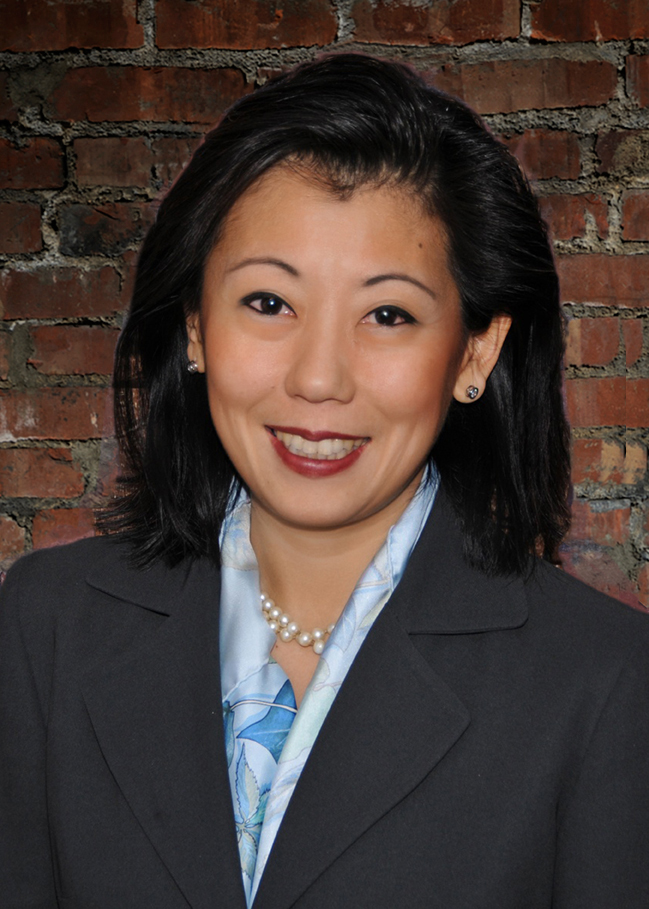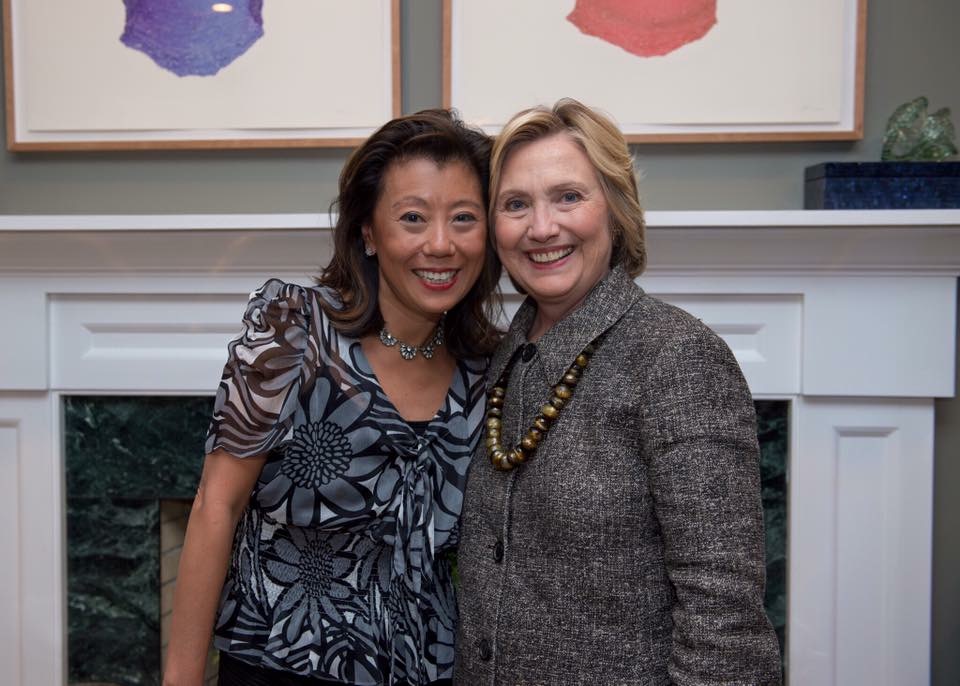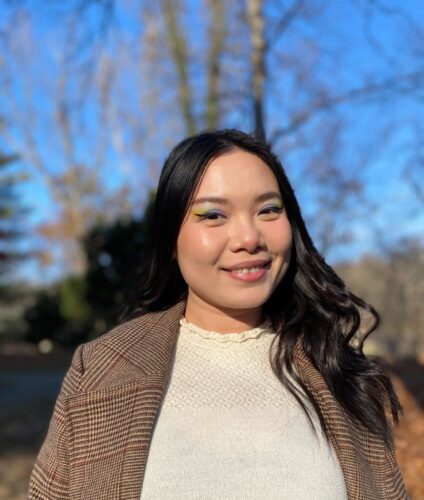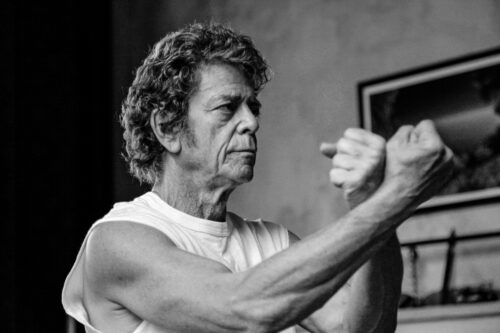Q&A with Mei-Mei Tuan, private equity pioneer


Mei-Mei Tuan founded Notch Partners in 2002. It was the first company set up specifically to connect talented entrepreneurs and CEOs with private equity firms and institutional global investment funds. Tuan’s company has grown to be the industry leader bearer in a business niche that Notch Partners created but that is now highly competitive.
Tuan will appear at our second annual The China Project Women’s Conference: How Women Are Shaping the Rising Global Power in New York on May 14. Tuan spoke with The China Project about Notch Partners, how she succeeded as a banker, and why women are vastly underrepresented in the world of private equity.
The China Project: What prompted you to launch Notch Partners? What exactly does Notch Partners do?
Tuan: Notch Partners is a retained human capital partner to private equity funds. Notch connects industry-leading CEOs to PE funds for deal sourcing, target evaluation, and portfolio leadership. My partner and I founded Notch in 2002 because we believe that real value creation for PE deals lies in visionary and strategic leadership as well as operational expertise provided by C-level executives, working alongside PE investors, during all stages of the investment cycle.
My husband and I launched Notch in 2002 because I wanted to work, after staying at home to raise two babies. So when our children were three and one, we started Notch in the attic of our small home. Today, 16 years later, our 20-person firm works out of a “real” office in Millburn, New Jersey. Our firm is on retainer with funds that range in size from $400 million to over $20 billion. Since its inception, we have made over 5,000 executive introductions to our clients, and enabled the closing of over 60 private equity transactions. There are currently a number of firms in the business of connecting CEOs with PE firms, but I am proud that ours was the first to take the concept to market, and today, we are viewed as the pioneer and leader in that space.
The China Project: You are an experienced investment banker and have worked for prestigious firms such as Goldman Sachs, BankAmerica, and BankAustria. What do you consider the highlights?
Tuan: When I was at Goldman Sachs, I worked on several successful transactions, including the sale of Pebble Beach Company. However, the most memorable was my first deal, which was the $225 million financing of Payless Cashways, as a defense against a potential hostile takeover. This was my introduction to leveraged buyouts, which were just beginning to transact in the late 1980s. At the time, “LBOs” were basically balance sheet restructurings using, what was then, a complicated financial model, and I was one of the few analysts at Goldman who was taught how to run it. What intrigued me at the time was how these massive buyouts were occurring as a function of financial engineering, rather than corporate strategy or leadership, which was what we mostly focused on at Harvard Business School. This disconnect between financial structuring and executive leadership in determining and creating value in LBOs stuck in my mind so much that in 2002, the principle that industry CEOs should be a critical ingredient in LBO transactions was what motivated me to start Notch Partners. At Notch, we believe that strategic and operational leadership is a critical component of private equity transactions, and this is the premise upon which we launched the firm.
I joined Bank of America’s project finance group right after I graduated from HBS. I was very interested in leveraging my banking experience into making a social impact, particularly in developing countries, and at the time, the leader in infrastructure project financing was Bank of America. Back in 1994, Bank of America had just spun out its project finance group into its investment banking division, called BA Securities, and I was one of the first professionals hired directly into that group, and the only female professional as well. Even though I was only at BA Securities for a couple of years, I was involved in multiple financings of large power projects in the Philippines, Indonesia, and India. While the closing of such transactions can be viewed as a success, what was most meaningful to me was bringing power to millions of people in developing countries so they could lead better lives.

The China Project: You are actively involved in a number of nonprofit organizations such as Friends of Thirteen (WNET), the Museum of Chinese in America in New York City (co-chair), the Wellesley College Alumnae Association, the New Jersey Women’s Forum, the Mid-Manhattan Performing Arts Foundation, the New Jersey Network (NJN), and Committee of 100. How did you get your start? What’s your entry point? How has your engagement impacted your career and your life?
Tuan: I am not involved in all those organizations right now, though over the past 20 years, I’ve actively worked with several, including those named above. Serving on boards of nonprofit organizations has allowed me to pursue my interests outside of my “day job,” though there have been wonderful synergies between my nonprofit and professional pursuits, including many amazing people who have touched my multiple worlds. As my first board role, NJN provided a great foundation for me to learn about board governance and the challenges of fundraising and trustee engagement. With each successive board experience, I’ve parlayed my learning into executive board functions, including my role as co-chair at the Museum of Chinese in America. Because much of my work at Notch involves searching for people, I am often asked to serve on the nominating committee as well as on search committees of my boards. I feel fortunate to be able to leverage my professional skills while exercising leadership in this way.
The China Project: You’ve dealt with many high-level executives in big consulting and investment firms. Do you think women are generally underrepresented in senior roles? Why?
Tuan: In my own firm, we have slightly more women than men. However, in my professional interactions, women are underrepresented. It is no secret that women are underrepresented in the C-suite of Corporate America, and yet, what is not on everyone’s radar is the fact that women are vastly underrepresented in the private equity world, and it is not because women are incapable or unqualified to do the work. Many will say that women opt out because of lifestyle reasons, such as travel and long hours, but I believe it is hiring practices that better explains the imbalance. Many PE funds seem to have a clubby and insuIar culture, leading them to tend to hire “in their own image.” As private entities, they are not subject to the scrutiny of public markets, or even the press, reducing their incentives to aim for diversity and equality in their firms. Additionally, a few high-profile cases of discrimination and harassment in the private equity industry are causing smart and ambitious women to seek environments where they can advance based on their talents and contributions, unencumbered by what some perceive to be institutional impediments to women in private equity.

The China Project: Do you have any advice for aspiring female leaders?
Tuan: Look to other women to fuel your power, giving it back and paying it forward when you are able. Whether it’s asking for a raise or a promotion, applying for a job or a board position, women need all the confidence they can muster, particularly in industries dominated by men. In my experience, I have been blessed by the many women who have inspired, motivated, and supported me. Their encouragement has empowered me with courage to put myself out there and persevere, particularly during times of frustration and despair. It is our moral and civil obligation to lend a hand, an ear, or a shoulder to one another because, more than ever before, women are demonstrating that we can be stronger and more effective when working in concert and in collaboration. Such has been the momentum of the #MeToo movement and the number of women running for office. We cannot change the power dynamic in Corporate America alone, but we can and must do it for one another, and we must do it together.
Catch Mei-Mei Tuan on Monday, May 14, at the Harvard Club of New York during the second annual The China Project Women’s Conference.





